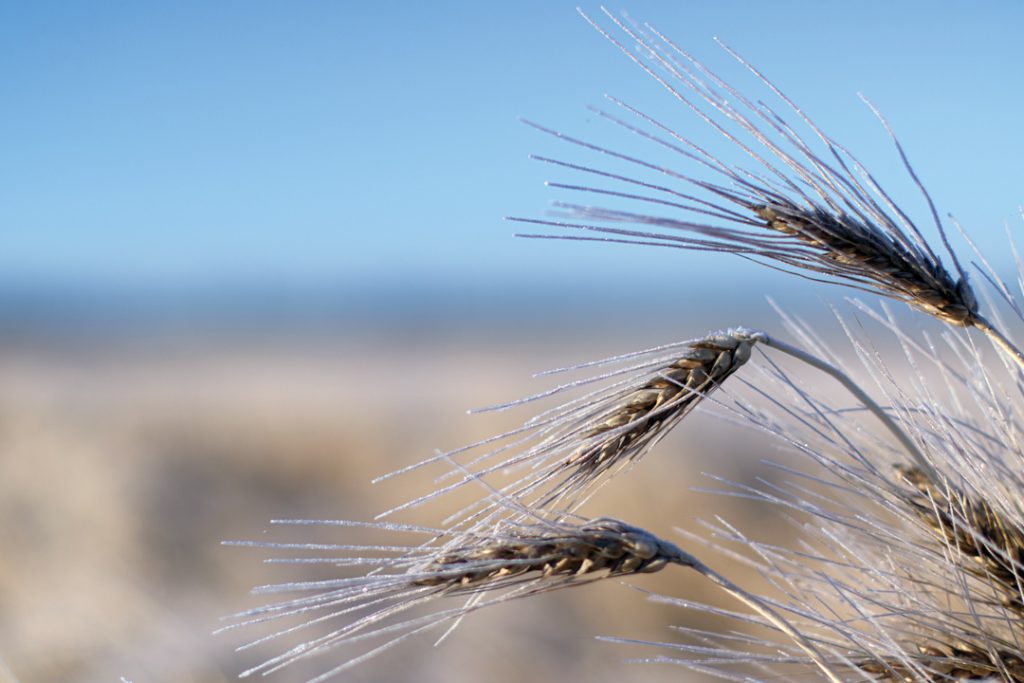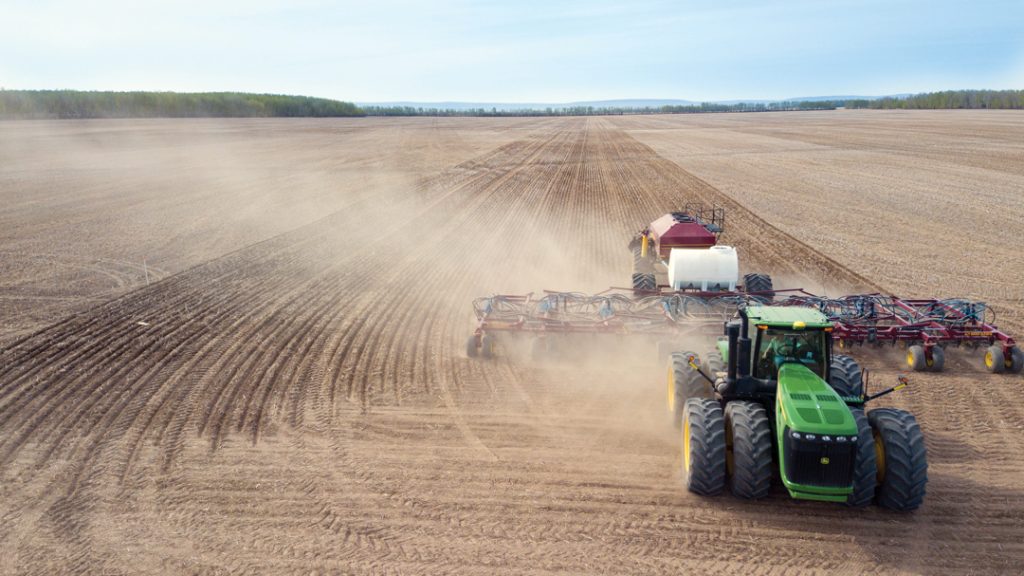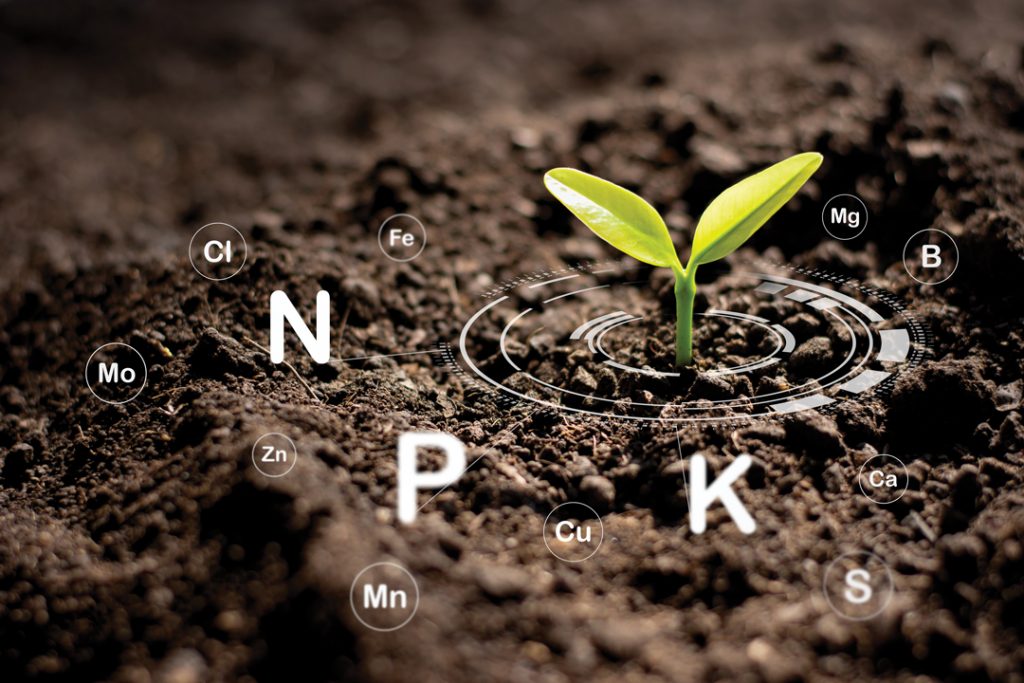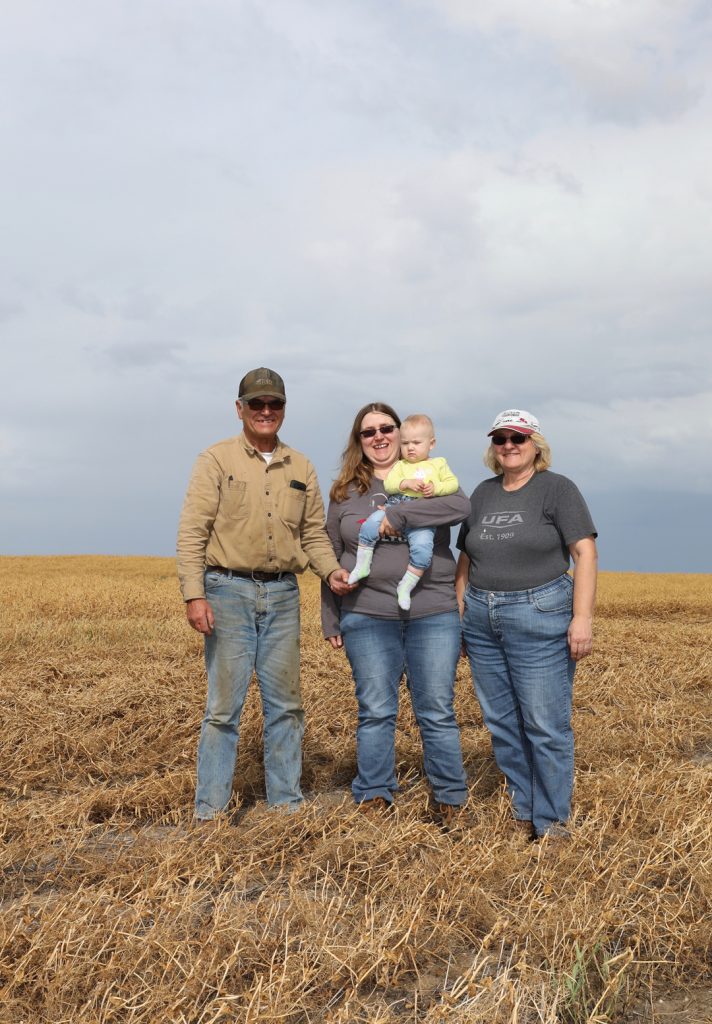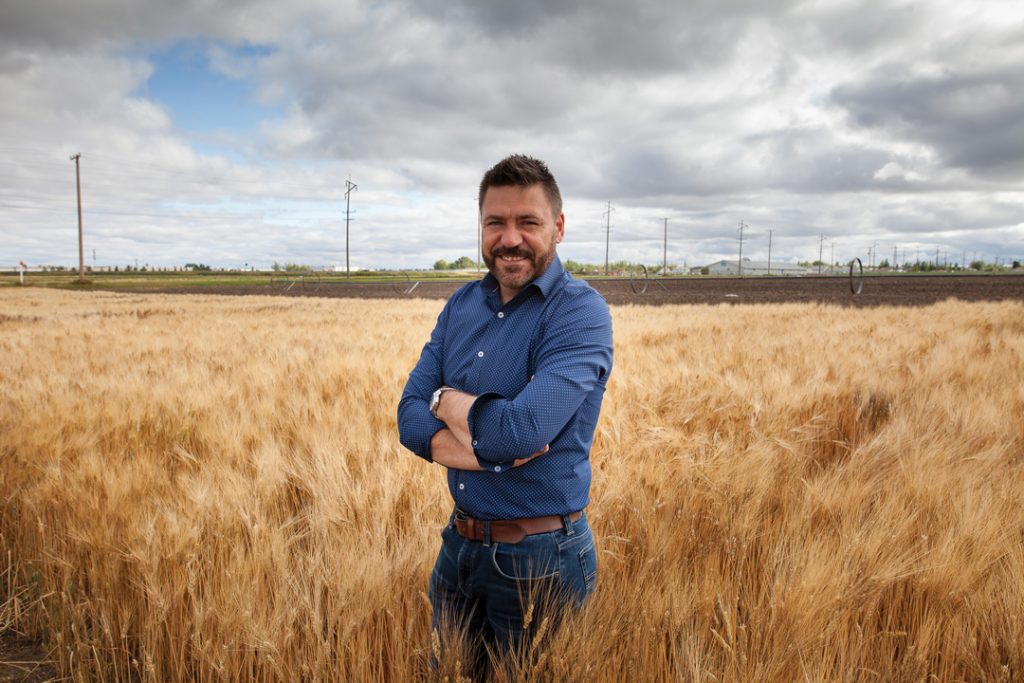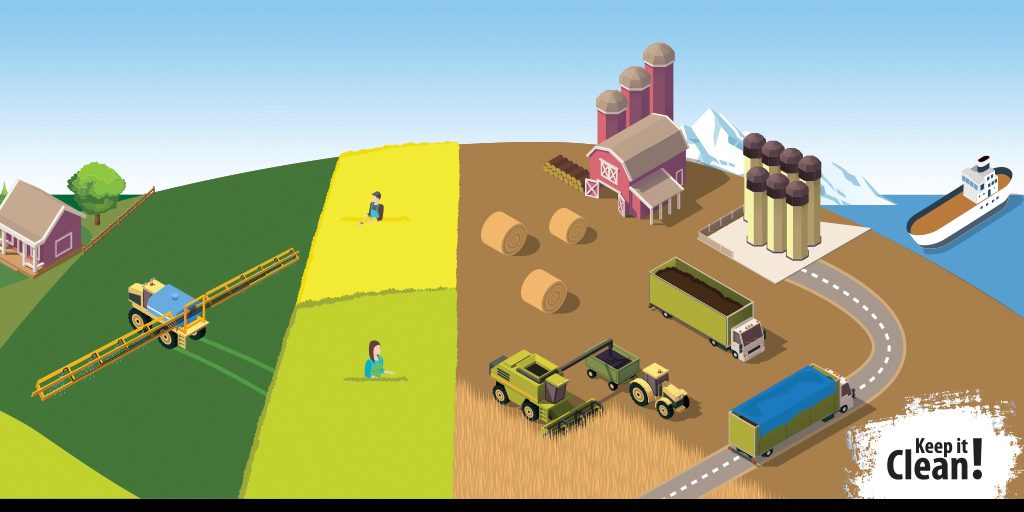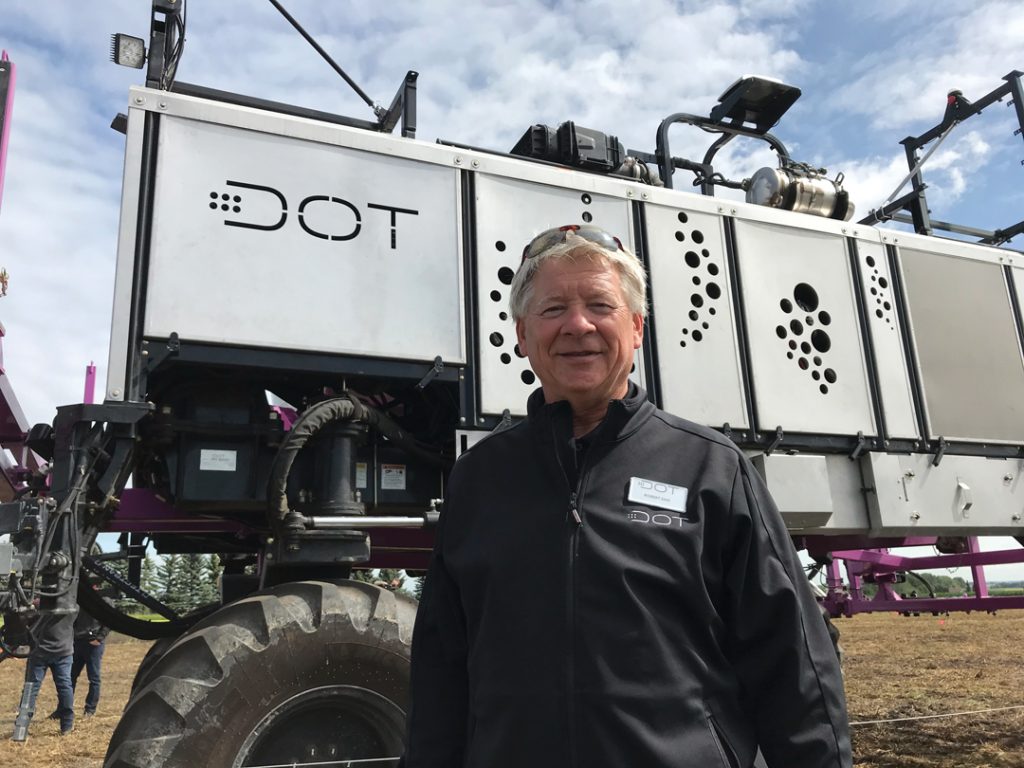BETTER LATE THAN NEVER
No one ever said farming was going to be easy. Every crop year has its obstacles, and in 2019/20, the biggest challenge is that a significant portion of the crop was left to overwinter. This is estimated to be between five and 15 per cent of total western Canadian acres. Farm economics dictate that every acre that can be harvested should be harvested to ensure financial wellbeing. Assuming that all unharvested acres will be harvested, here are some things to keep in mind.




